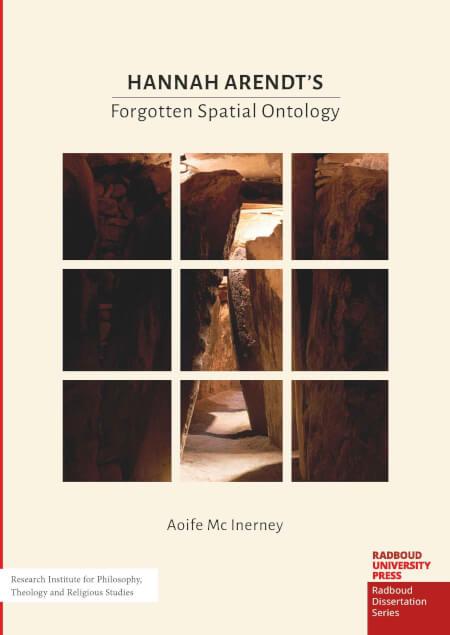Hannah Arendt’s Forgotten Spatial Ontology
Keywords:
Hannah Arendt, Phenomenology, Political philosophy, Environmental EthicsSynopsis
This project endeavours to read Hannah Arendt as a spatial philosopher and, as such, exposes the depth in which she contends with the spatial elements of existence. The urgency to think about space was, for her, connected to the modern tendency to think in terms of processes. Arendt understands processes as invisible rules that are able to explain the world in which we live. For Arendt, processual thinking inhibits phenomenal space. This inhibition calls for the rethinking of concepts such as earth and world, traditional metaphysics, the idea of process, and even life. Beyond the confines of academic discourse, situating Arendt within the discourse of philosophy of space renews the relevance of Arendtian philosophy for environmental ethics and the challenges posed by climate change. Through sustained attention to the spatial themes in Arendt’s philosophy, this dissertation shows the applicability of her work to the increasing problem of displacement and homelessness due to climate related disasters, as well as discussions concerning what we owe the earth in terms of moral duties.

Published
Series
Categories
License

This work is licensed under a Creative Commons Attribution-NonCommercial-NoDerivatives 4.0 International License.


